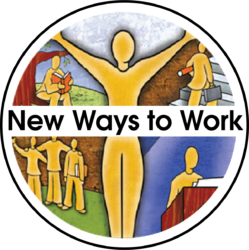Finding Your Best Self Is Easier Than You Think
What we often forget is that we are in control of our mental space. Unfortunately, we aren’t given a manual at birth that explains how to manage our thoughts, emotions, or mental clarity—especially in a world full of distractions, pressure, and unrealistic expectations. This is one of the biggest challenges facing today’s youth and young adults. We’re not just growing up—we’re trying to figure out how to thrive mentally in a world that doesn’t always teach us how.

Mental health plays a critical role in our daily lives and overall well-being. As we go through our routines, it’s easy to overlook how we’re really feeling inside. Sometimes, we find ourselves stuck in negative self-talk—thinking things about ourselves that we’d never say to a friend. But here’s the truth: if you don’t have anything kind to say about yourself, it’s better not to think it at all. That might sound simple, but it’s powerful.
Three steps to maintaining good mental health are: mediation, fuel and positivity.
Meditation: A Tool for Mental Clarity
One of the most powerful tools we can use to cultivate a strong, successful mind is meditation.
Meditation helps us slow down, reconnect with ourselves, and regulate our emotions. It teaches us to be present, not lost in the past or overwhelmed by the future. Meditation helps manage stress, anxiety, and overthinking that can cloud our day-to-day.
One technique I personally use is the 4-6-8 breathing method:
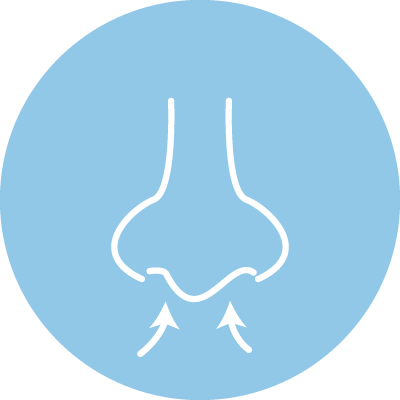
Inhale through your nose for 4 seconds
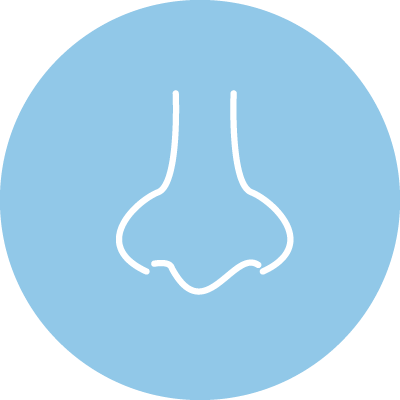
Hold that breath for 6 seconds
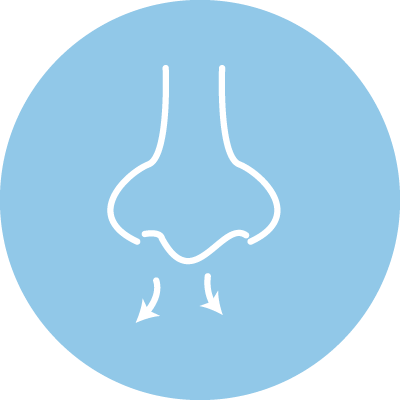
Exhale slowly through your mouth for 8 seconds
It’s a reset button for your brain. It calms the nervous system and brings clarity to your mind.
Fueling the Mind: Exercise and Healthy Eating
Taking care of your body is one of the most powerful ways to take care of your mind.
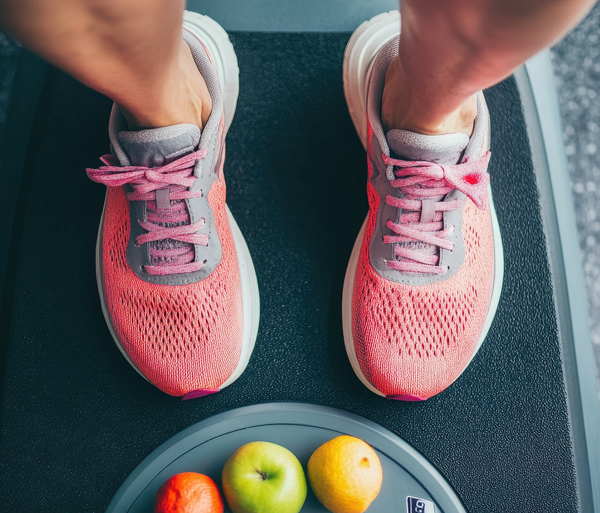
Exercise
Exercise isn’t just about building muscle or looking good. It releases endorphins—natural mood lifters that fight stress and anxiety. Harvard studies have shown that physical activity can increase the size of the hippocampus, the part of the brain involved in memory and emotion regulation. Even a 20-minute walk can improve mood, boost creativity, and sharpen focus.
Eating Healthy
Eating healthy gives your brain the nutrients it needs to function at its best. Omega-3 fatty acids (found in fish, chia seeds, flaxseeds), antioxidants (from fruits and veggies), and whole grains help protect your brain, stabilize mood, and increase energy levels. Sugary snacks and processed foods may give a quick boost but usually lead to crashes in energy and mood.
The mind and body are connected. When you nourish your body, your brain responds by becoming more alert, balanced, and focused.
The Power of Positive Affirmations and Self-Talk
Your thoughts shape your reality. The way you talk to yourself—whether out loud or in your head—has a massive impact on your confidence, your goals, and how you feel every day.

Many of us have internal voices that say, “I’m not good enough” or “I’ll never be successful.” But what if you changed that?
Start practicing positive affirmations:
- “I am enough.”
- “I am growing into the best version of myself.”
- “I believe in my ability to overcome challenges.”
- “I deserve peace and happiness.”
- “I have control over my thoughts and emotions.”
Science Believes In You
Science backs this up. Studies have found that self-affirmation can increase activity in the brain’s reward systems and strengthen the neural pathways tied to self-worth and motivation.
You don’t have to believe these affirmations 100% at first—what matters is consistency. The more you repeat them, the more your brain begins to shift toward those beliefs. You’re literally rewiring your brain for positivity.
Mindfulness and the Developing Brain

For teens and young adults, meditation and mindfulness have even greater long-term benefits. The prefrontal cortex—the part of your brain responsible for decision-making, focus, and emotional control—is still developing well into your mid-20s. Meditation strengthens this area, helping you build better habits, manage stress, and boost emotional intelligence.
Harvard research also found that regular mindfulness practice can:
- Increase gray matter in the hippocampus (linked to learning and memory)
- Shrink the amygdala (the stress center of the brain)
- Improve emotional regulation
- Enhance attention and reduce anxiety
Final Thoughts
Your mind is the most powerful tool you have—but it needs care, attention, and training, just like your body. Whether it’s through meditation, healthy habits, or positive self-talk, you have the power to shape your thoughts and emotions into something strong and supportive.

Start where you are. Breathe. Move your body. Fuel your brain. Speak kindly to yourself. With time, your mental strength will grow—and you’ll begin to see the best version of you rise up.
